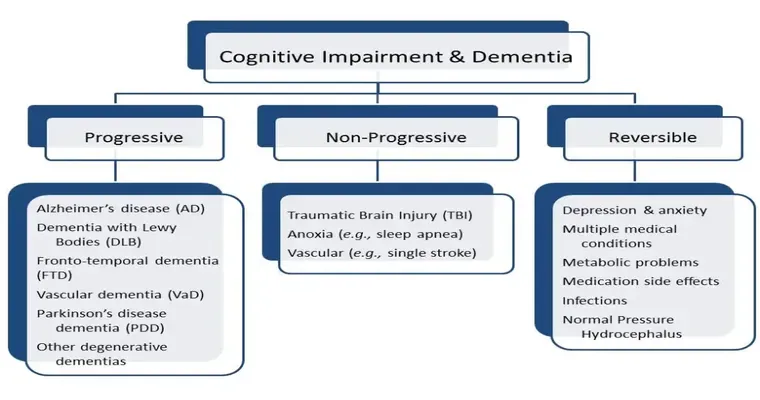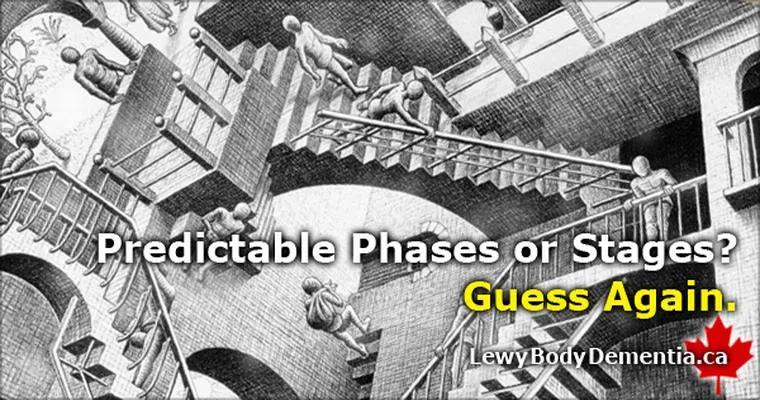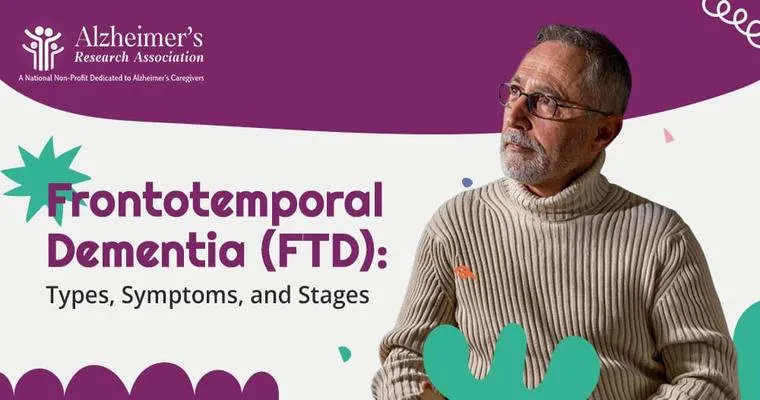Dementia is an umbrella term that encompasses a range of cognitive impairments, affecting memory, thinking, and social abilities. Understanding the "types of dementia" is crucial for early diagnosis and effective management. This article provides an overview of the most common types of dementia, their symptoms, and potential treatments.
Alzheimer's disease is the most prevalent form of dementia, accounting for approximately 60 to 80 percent of cases. It typically begins with mild memory loss, which gradually progresses to significant cognitive decline. The exact cause of Alzheimer’s is not fully understood, but it involves the buildup of proteins in the brain, leading to the death of brain cells. Early detection is essential, as some medications may help manage symptoms.
Vascular dementia is another common type, often resulting from stroke or other conditions that affect blood flow to the brain. This form of dementia can lead to problems with reasoning, planning, and judgment. Symptoms may vary significantly depending on the area of the brain affected. Managing vascular dementia often involves addressing the underlying cardiovascular issues.
Lewy body dementia is characterized by the presence of abnormal protein deposits called Lewy bodies in the brain. This type of dementia can lead to visual hallucinations, fluctuating cognitive abilities, and movement disorders similar to Parkinson’s disease. Treatment usually focuses on managing symptoms through medication and supportive therapies.
Frontotemporal dementia (FTD) is less common but can occur at a younger age, often affecting individuals in their 40s and 50s. It primarily impacts the frontal and temporal lobes of the brain, leading to changes in personality, behavior, and language. Since FTD can present with various symptoms, a tailored approach in treatment and care is essential.
Mixed dementia is a condition where a person exhibits symptoms of multiple types of dementia, most commonly Alzheimer's and vascular dementia. The presence of mixed dementia can complicate diagnosis and treatment, making it important for healthcare providers to conduct comprehensive assessments.
Other less common types of dementia include Huntington's disease, Creutzfeldt-Jakob disease, and normal pressure hydrocephalus. Each of these conditions has unique characteristics and requires specialized care.
In summary, understanding the "types of dementia" is vital for early intervention and management. If you or a loved one is experiencing cognitive difficulties, it is important to consult a healthcare professional for an accurate diagnosis and personalized treatment plan. Early detection can significantly improve the quality of life for those affected by dementia.





